Sharp rise in care delays 'piles pressure on hospitals'
- Published

A sharp rise in waits for care services is piling the pressure on the NHS in England, hospital bosses are warning.
NHS England data showed the number of patients delayed in hospital because they cannot get services such as council home help or a care home place has nearly doubled in two years.
The rise is being linked to the cuts in town hall care budgets seen in recent years.
But councils said a squeeze on their finances had forced them to cut back.
Data for July showed that waits for care topped 61,000 days for hospital patients.
This was up from over 33,000 in the same month in 2014, a rise of 80%.
The figures - obtained from the NHS England data on delayed discharges in hospitals - are being highlighted as part of a special day of coverage by the BBC of care issues affecting the over-65s.
The BBC has produced an online guide to the system which shows how it works and how much care costs wherever you live in the UK.
Find out the cost of care in your area
Frail patients can only be discharged by hospitals when there is support available in the community.
This can be because of a lack of NHS services, such as district nursing, or because council care cannot be found. This includes places in care homes and help in the home for tasks such as washing and dressing.
Delays discharging patients increase the pressure on hospitals because they then struggle to find space for new patients who need to be admitted.
The overall number of delays has been rising in recent years, but this breakdown shows the increase in care delays has been four times greater than the rise in NHS-related delays. However, problems accessing NHS services are still the major cause of delays.
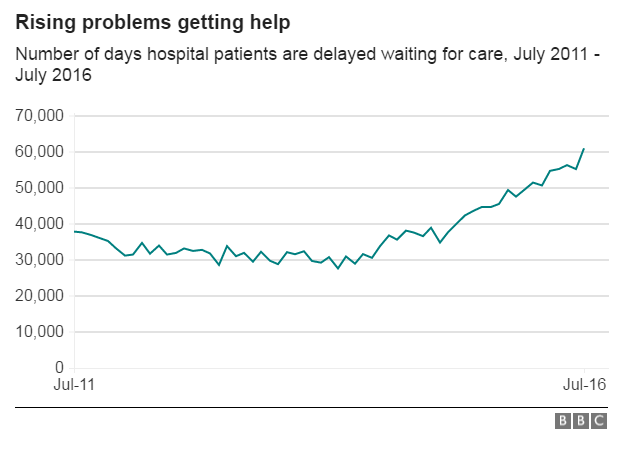
Phil McCarvill, of the NHS Confederation, which represents hospitals, said a lack of care was now "the most urgent threat to the NHS".
"The figures leave zero doubt about hospitals' huge reliance on social care as a destination for its patients," he added.
The lack of care services is causing particular concern in the NHS in the lead-up to winter when pressures on the health service increase.
Councillor Izzi Seccombe, of the Local Government Association, said social care had reached "crisis point" and had been "severely undermined by funding pressures".
She said government cuts had left councils with no choice but to cut back on the amount of care they provide.
And she said recent attempts to bring in more money, including the ability to raise council tax by 2%, will "not bring in enough money to plug the gaps".
Five things you should know about the cost of care.
The scale of those cutbacks have been revealed by a report published on Thursday by the King's Fund and Nuffield Trust think-tanks.
Their review showed the numbers getting council-funding towards their care had been cut by a quarter in the past four years.
The report said the result was growing numbers struggling without any help, while others were being forced to pay high costs on the private market.
The report said:
The numbers getting help from their council with care had fallen by 26% to 850,000 in the four years to 2014
Spending on care by councils had fallen by 25% in real terms in the five years to 2015, to £5.1bn
Additional money from the NHS and increased contributions from individuals had topped this up to £7.2bn, but that still represented a cut of 9%
Over 40% of money paid to care homes came from people paying for themselves
One million people with care needs now receive no formal or informal help - a rise of 10% in a year
The government said the measures it was taking, which include a special pot of money designed to encourage joint working between the NHS and care sectors as well as the council tax precept, would make a difference.
A Department of Health official added: "We understand the social care system is under pressure, and this government is committed to ensuring those in old age throughout the country can get affordable and dignified care."

Are you affected by the issues raised in this story? Please email haveyoursay@bbc.co.uk, external with your experiences.
Please include a contact number if you are willing to speak to a BBC journalist. You can also contact us in the following ways:
WhatsApp: +44 7525 900971
Send pictures/video to yourpics@bbc.co.uk, external
Tweet: @BBC_HaveYourSay, external
Send an SMS or MMS to 61124 or +44 7624 800 100
- Published15 September 2016
- Published14 September 2016
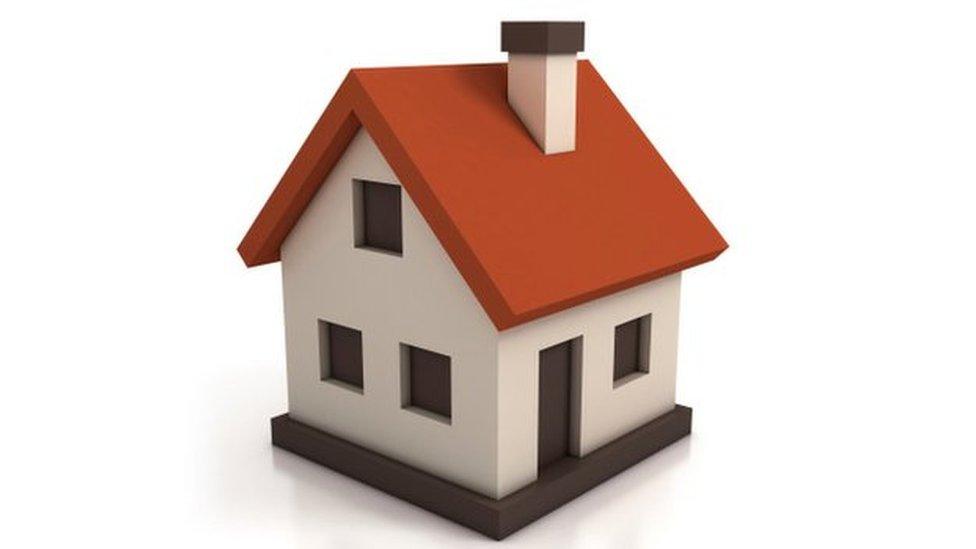
- Published14 September 2016

- Published9 December 2015
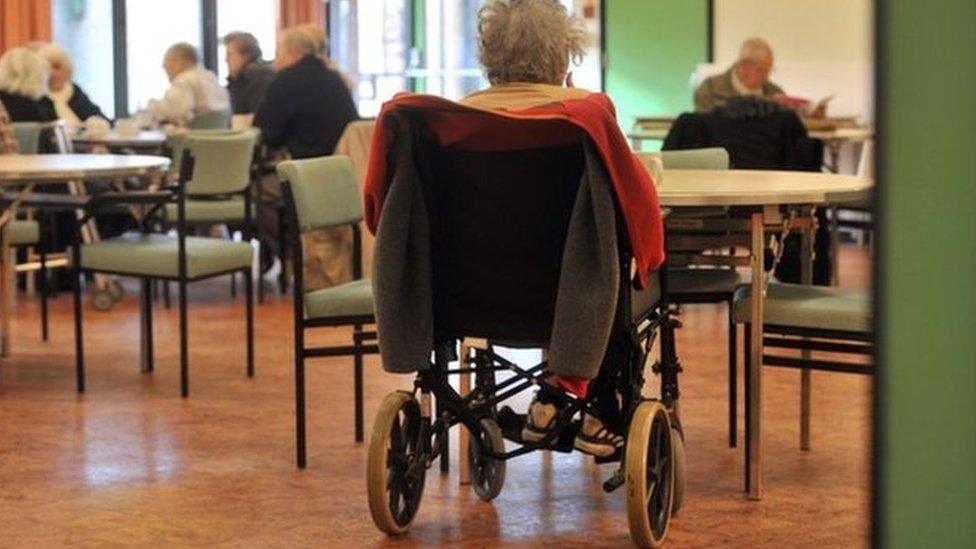
- Published9 December 2015

- Published19 November 2015
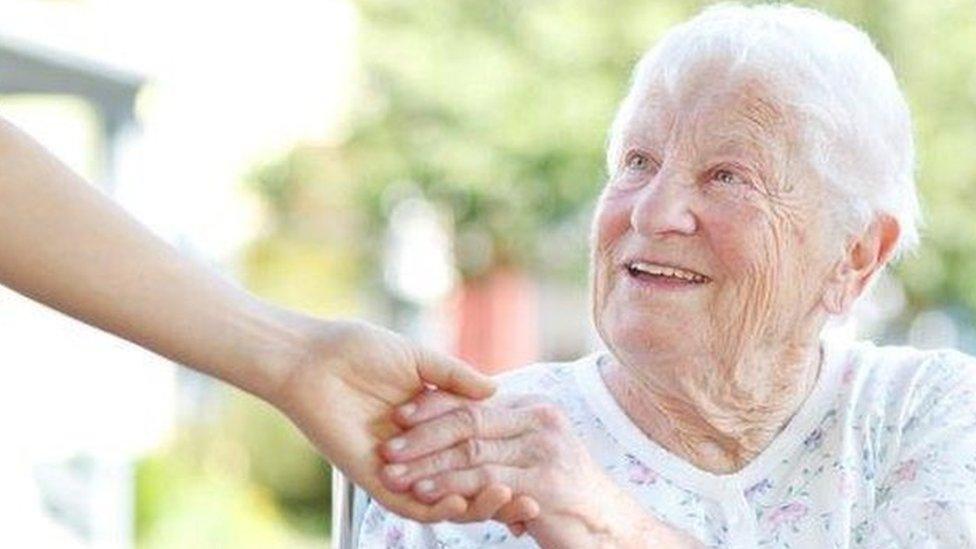
- Published7 October 2015
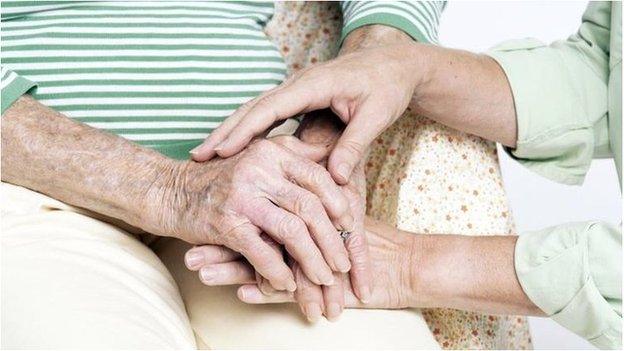
- Published17 July 2015
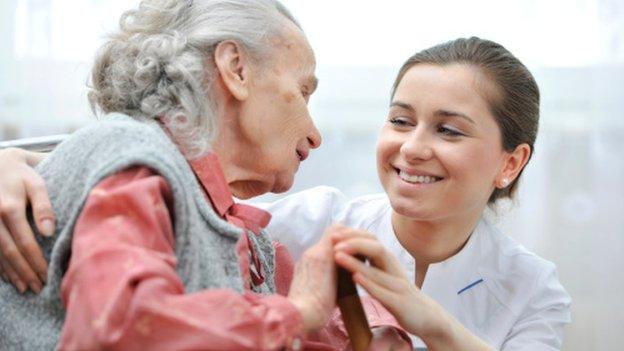
- Published28 July 2015













